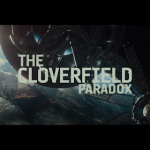The Sound of Music (1965)
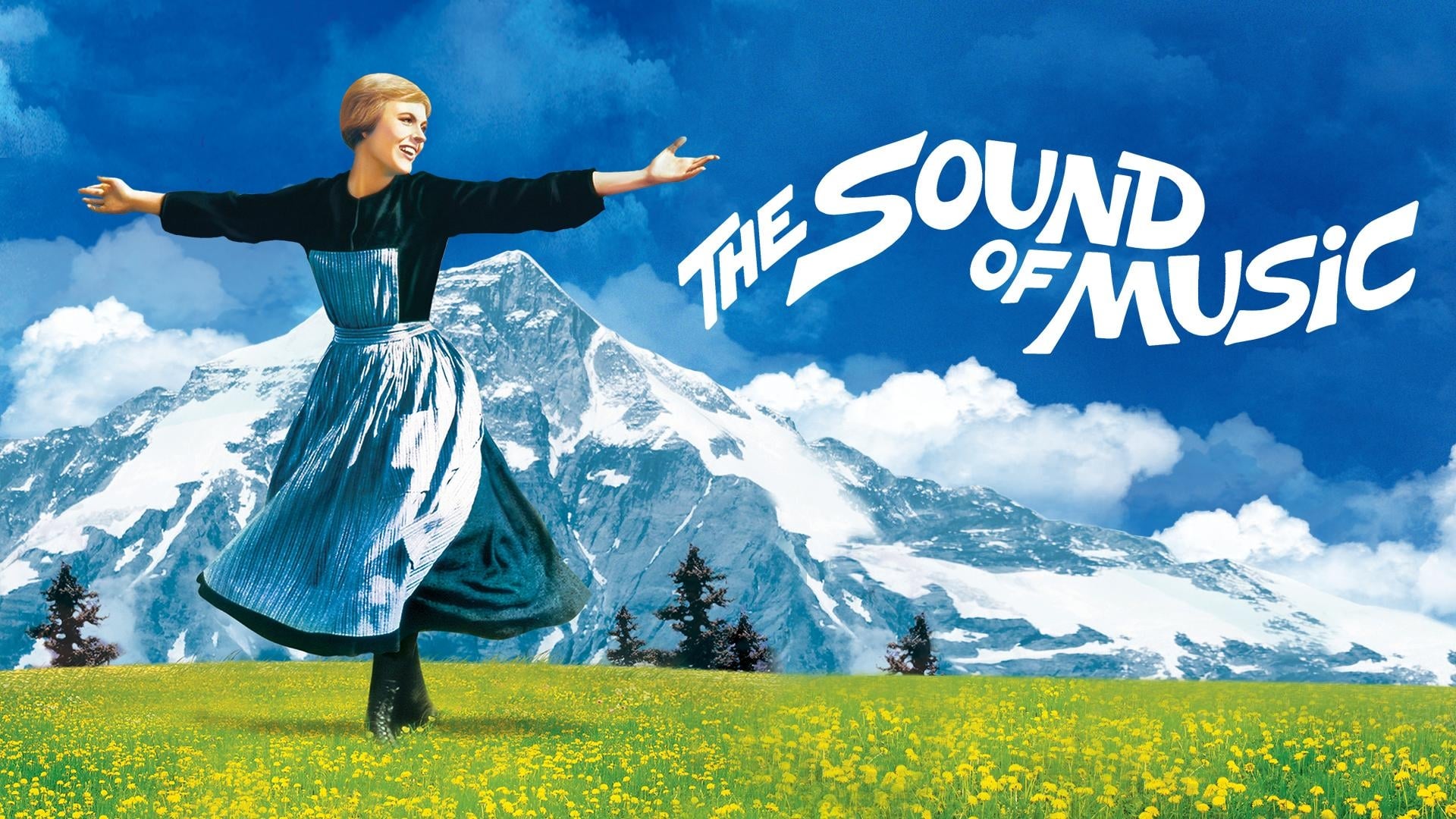
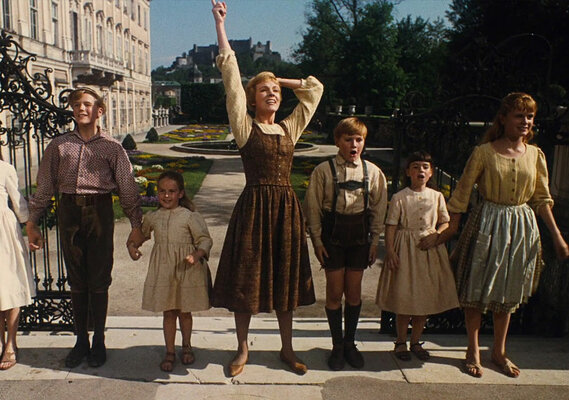
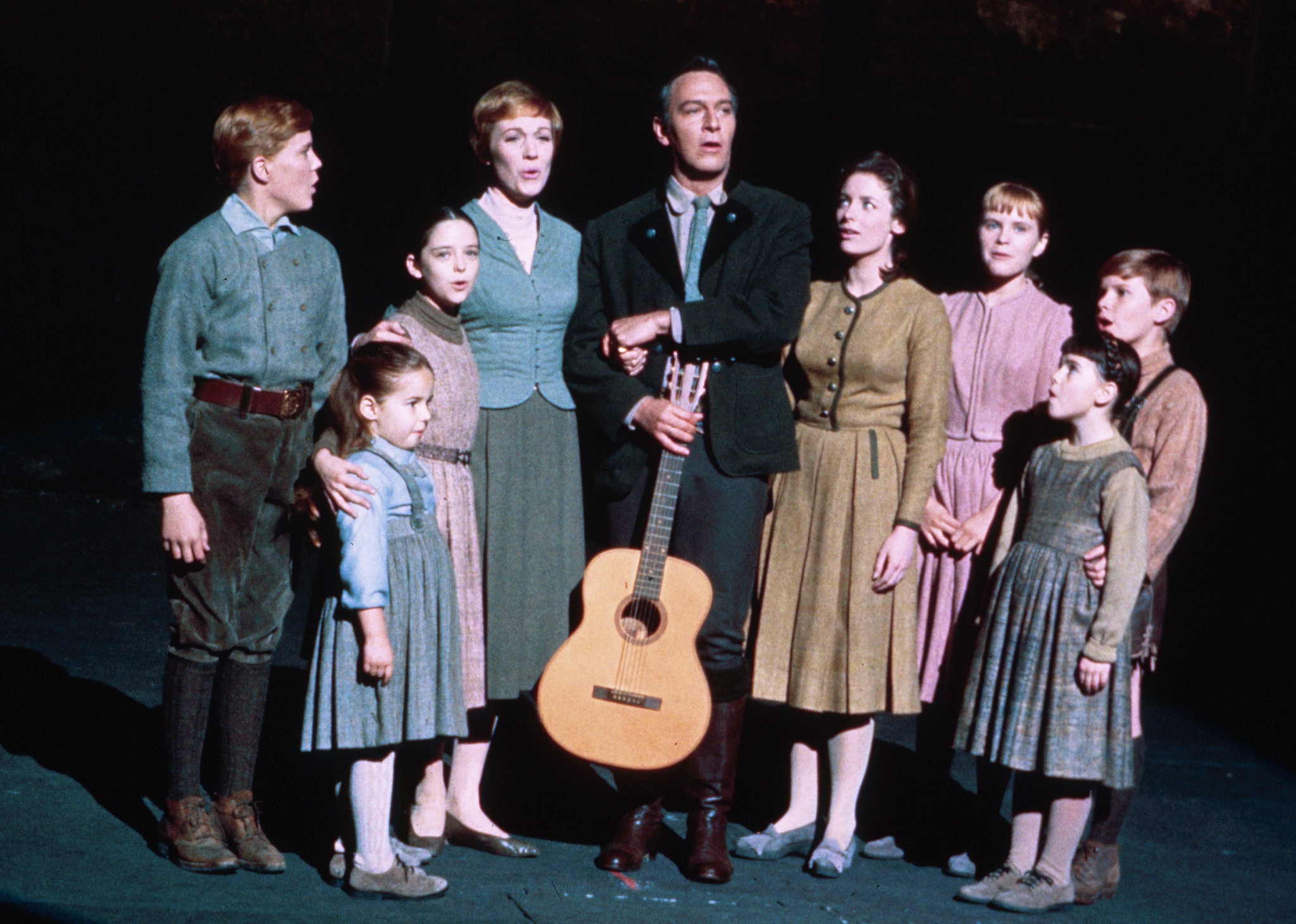
The film follows Maria, played by Julie Andrews, a spirited novice nun sent to serve as a governess for the seven children of Captain Georg von Trapp, portrayed by Christopher Plummer. Initially clashing with the strict widower, Maria transforms the household through her warmth and music, teaching the children to sing and rediscovering joy. As romance blossoms between Maria and the Captain, the family faces the growing threat of Nazi annexation in 1938, leading to a tense yet uplifting escape over the Alps. Iconic songs like “My Favorite Things,” “Do-Re-Mi,” and “Edelweiss” weave through the narrative, performed with charm by the von Trapp children and Andrews’ radiant voice.
Shot in breathtaking Austrian locations, the film’s 2-hour-54-minute runtime blends romance, family drama, and historical tension. While rooted in the von Trapp family’s real story, it takes liberties—e.g., the family’s escape was less dramatic, and Maria was not a nun. These changes amplify the film’s emotional resonance, prioritizing heart over strict accuracy.
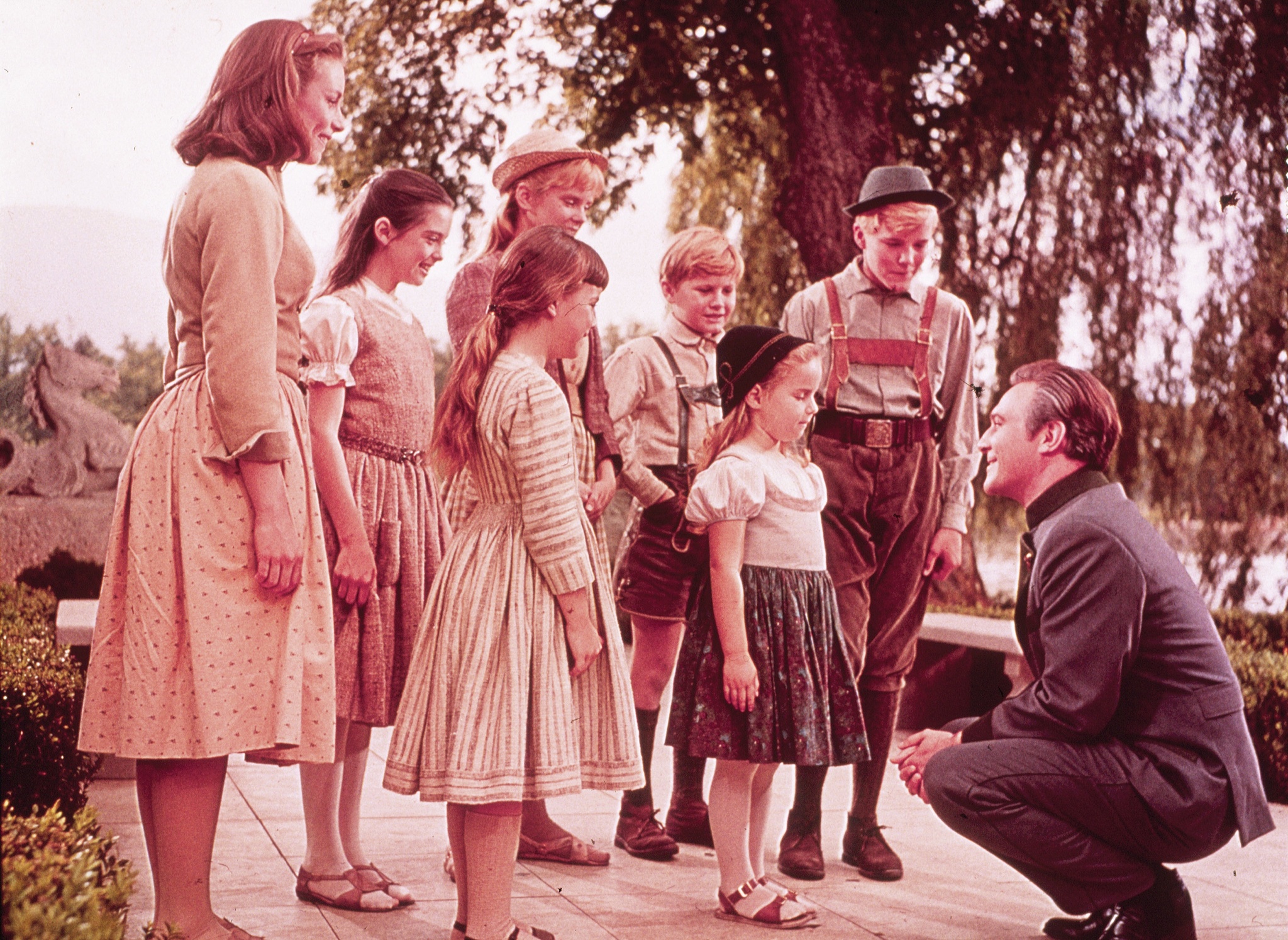
Boasting a stellar cast, including Eleanor Parker as the elegant Baroness and Richard Haydn as the jovial Max, the film’s chemistry is undeniable. It won five Academy Awards, including Best Picture and Best Director, and grossed $286 million worldwide (about $2.5 billion in 2025 dollars), making it one of the highest-grossing films of its era. Its 83% Rotten Tomatoes score reflects widespread acclaim, though some critics noted its sentimentality. The soundtrack, featuring Rodgers and Hammerstein’s timeless score, became a cultural phenomenon, selling millions.
“The Sound of Music” continues to captivate, frequently airing on networks like ABC and available on streaming platforms like Disney+ (per recent web data). Its themes of love, courage, and resistance against oppression resonate across generations. More than a musical, it is a celebration of hope and family, securing its place as a cinematic gem that sings on.
If you’d like a specific analysis (e.g., music, historical context, or cast), let me know!










